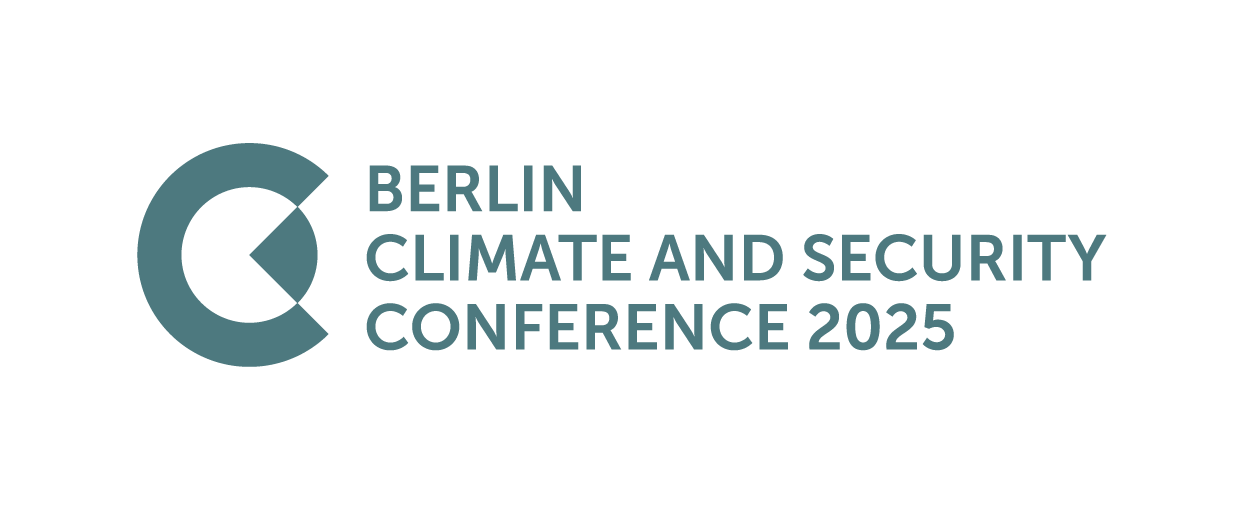
Climate change and security: Civil-military cooperation in natural disaster response
When: 8 October 2024 | 11:45-12:45
Format: Roundtable discussion
Venue: Breakout room 5
Hosted by: German Ministry of Defense, NATO and the German Federal Foreign Office
As the frequency and intensity of extreme weather events is increasing, military forces are facing growing demand to assist civilian authorities when disaster strikes, with cooperation taking place in increasingly more challenging, extreme and unpredictable environments. The operational frameworks for civil-military cooperation vary greatly from country to country. Accordingly, domestically, military forces are providing a wide range of services from transportation and communication support to on-site response to aerial imagery and medical support. For example, in 2023 in Canada 2,214 military personnel were engaged in response to wildfires, for a total period of 131 days. Regardless of national operational frameworks of civil-military cooperation, the use of military personnel and equipment is a trend which is highly likely to continue given the increased frequency of environmental disasters and the uncertainty regarding the extent of the future impacts. However, in many cases, even the combination of a nation’s civil and military capacities is not enough to cope with a disaster, and international military support is needed. This becomes particularly challenging in complex emergencies, when conflict and natural disasters overlap, and potentially humanitarian organizations and security actors operate in the same space, requiring specific concepts to protect humanitarian principles.
All of this opens long-standing and new discussions on prioritization and the core tasks of the military. These discussions rank from the economic viability of using highly specialized military units in disaster response, to disruptions of training and exercise cycles to the lack of investment into building up civilian alternatives.
But the growing frequency, intensity and complexity of climate-related emergencies are not waiting for these discussions to come up with definitive answers. Assuming that the need for joined-up civilian-military responses will continue to grow, and even become the norm rather than an exception, the question is no longer “if”, but “how” military and civilian actors should work together in situations where lives are at stake.
The session will be held as an interactive discussion with audience engagement.
It will be held under Chatham House Rules and will note be livestreamed.
Guiding questions:
- Climate change is increasing the frequency and intensity of natural disasters leading to more and more military deployments to respond to climate-related emergencies. What trends are you observing domestically/within your organization and how are you responding?
- What are best practices and lessons learned on civil-military cooperation in natural disaster response in your country/organization?
- The distinction between military support in domestic disaster response and international military assistance in complex emergencies is essential. How can this be addressed?
- How can NATO, Allies and partners work together to improve disaster preparedness in a climate-changed environment?
Speakers:
- Mona Koehler-Schindler, Staff Officer, Climate Security, International Military Staff, NATO HQ
- Sari Kouvo, Policy Officer, Climate, Environment and Security, European External Action Service
- Lieutenant Colonel Ragnar Holldack, Federal Ministry of Defence, Department for Military Strategy and Operations
- David Dutton, Assistant Secretary Climate and Environmental Diplomacy at the Department of Foreign Affairs and Trade (DFAT) of Australia
Moderated by Kim Vetting, NATO Climate Change and Security Centre of Excellence (CCASCOE)
Return to BCSC 2024's agenda
